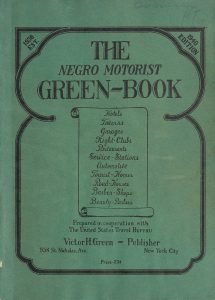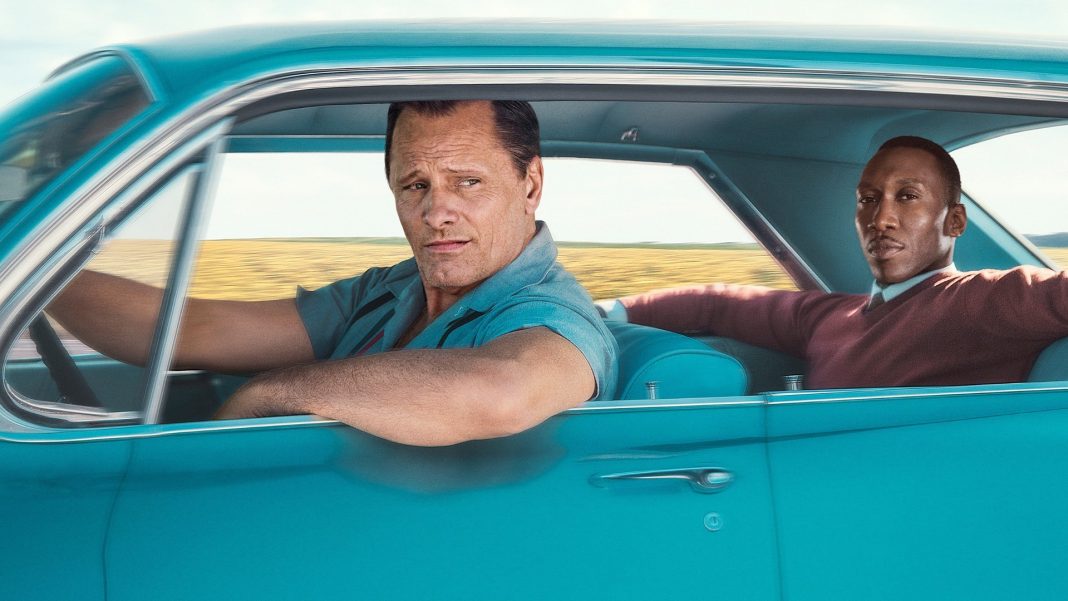Green Book won the 2019 Oscar for best movie and deservedly so.
It is a comedy-drama inspired by the true story of a friendship between Tony ”Lip” Vallelonga (Viggo Mortensen) an Italian American who accepts the job of driving Dr Don Shirley (Mahershala Ali), an African American classical pianist on tour through the Jim Crow South of the 1960s.
Directed by Peter Farrelly and written by Farrelly, Brian Currie and Vallelonga’s son, Nick, this is very subtle, but on point, about its intentions to show a little bit of what black people had to endure in the USA’s segregated south USA during the 1960s.
The movie works because it has many nuances despite the stark un-nuanced separation of blacks and whites. It starts by showing Tony’s racism when two black men go to his house to fix the plumbing and drink from two cups that he then throws away. However, while we follow Tony and Don on their journey we are able to see their friendship growing. Over time even their differences allow them to see one another mutually as people.
The change in relationship between the two suggests that racism is nothing but ignorance. Once Tony gets to know Don acting as a racist becomes increasingly difficult. Their friendship is like taking off the veil, an act that uncovers and lets us see the deep issues at play
It is clear that his racism was fed by the world around him – the lives divided from one another. He says at one point that he grew up in the Bronx as did his parents, grandparents and now his children. He is the product of his environment and education. We can see that his whole family do not like black people, but Tony admits that, for the right money, he can work for a black person.
Mortensen plays his part in a very funny way: he is the life of the movie and his character is like a child that Shirley has to take care of while they go through their journey. Although the care, and learning, is never simply one way.
Ali is very good playing this African American man that does not fit anywhere. And, albeit with different issues at play, just as Tony is constrained by his situation, so is Don. At one point Don says he was trained in classical music by his mother and that is all he knows how to do.
Connected with the theme of ignorance, the movie hints that racism is also society telling us what is right or wrong. And to maintain their working relationship and growing friendship, the pair are forced to kick out and rebel again what society tells them is wrong and to try to set different standards.
There is a scene where Don is going to play in the same hotel where Nat King Cole once was the first black person asked to play. Don wants to sit at the hotels’ restaurant to dine with his band and Tony, but the manager tells him this is forbidden even though it is Don who will entertain all his 400 guests. The man says I do not make the rules I just follow them. This is the perfect example of the power that society has over the individual through unwritten rules of conformity.
The movie also touches a little on sexuality. It hints, again the film retains its subtlety, at Don’s homosexuality. Don says at one point that he is not black enough, not white enough and not enough man. “So what am I?” There is a struggle to fit in, even to exist, while living in a world of extremes and stereotypes.
 This excellent movie was named after The Negro Motorist Green Book, a guidebook for African-American travellers written by Victor Hugo Green to help them find motels and restaurants. The book showed how hard their journey was and the racial dichotomy of the country’s laws.
This excellent movie was named after The Negro Motorist Green Book, a guidebook for African-American travellers written by Victor Hugo Green to help them find motels and restaurants. The book showed how hard their journey was and the racial dichotomy of the country’s laws.
The movie should start many debates, even about today. And, happily, with the Oscars victory, even more will see it.




